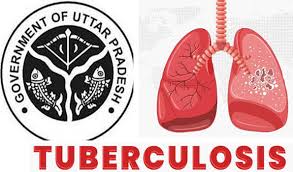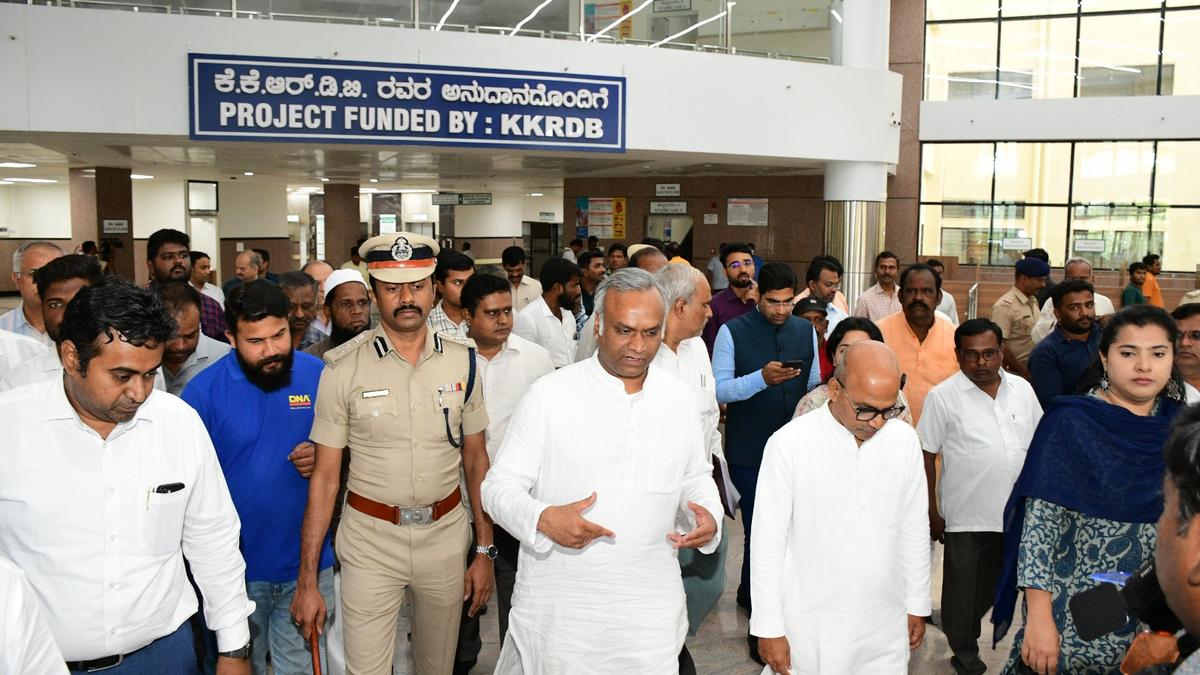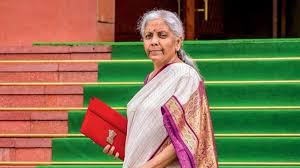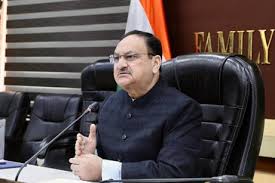Virtual Dialogue Session organized by The Aware Consumer highlights need for transparency and investment in innovation and technology to achieve universal healthcare
The webinar provided insights around how multi-stakeholder partnership is the need of the hour and what lessons can be gained from experience of the healthcare ecosystem during the pandemic The Aware Consumer, a platform playing a
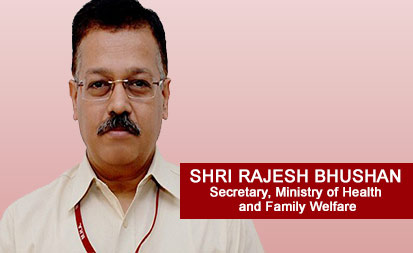
The webinar provided insights around how multi-stakeholder partnership is the need of the hour and what lessons can be gained from experience of the healthcare ecosystem during the pandemic
The Aware Consumer, a platform playing a pioneering role in raising awareness about consumer safety and rights, yesterday organized a webinar on ‘Improving Accessibility to Safe and Quality Healthcare’. The virtual dialogue was supported by the Patient Safety and Access Initiative of India Foundation (PSAIIF), and the Consumer Online Foundation.
Shri Rajesh Bhushan – Secretary, Ministry of Health and Family Welfare, Government of India was the Chief Guest at the Program, and shared his valuable insights by delivering the Keynote Address. Other prominent Speakers included Prof. Bejon Kumar Misra – Founder Director, Patient Safety & Access Initiative of India Foundation ; Mr Wajahat Habibullah (IAS Retd.) – Chairman, PSAIIF; Mr Prafull D. Sheth – Former President, The Indian Pharmaceutical Association & Former Vice President, International Pharmaceutical Federation, and Board Member PSAIIF & Consumer Online Foundation; Mr Dharmil Sheth – Co-Chair, Digital Health Platforms and Co-Founder, PharmEasy; Mr K G Ananthakrishnan – Director General, OPPI and Dr Sangeeta Sharma – Professor & Head, Department of Neuropsychopharmacology, Institute of Human Behaviour & Allied Sciences. There was a consensus between all present on the need for an increased investment in technology to achieve universal healthcare.
Speaking at the event, Mr Rajesh Bhushan (IAS), Secretary, Ministry of Health and Family Welfare (MoHFW),GOI, said, “Since the last 10 months, the government and society have battled a pandemic. Among the learnings gained, the biggest one has perhaps been the need to focus on one approach within the government and society and multi-stakeholder collaboration between the government and private sector . The need of the hour is access, equity, and transparency. This is also a time when digital infrastructure can complement physical infrastructure. The government can lay the foundation (as also exemplified by the National Digital Health Mission) and private players can support these initiatives.”
Consumer interests are at the centre of any successful healthcare delivery system and public private partnerships, investment in innovation, and technology are the need of the hour. It is also important for the government to enable competition to make the healthcare delivery system most affordable. The panel discussions further brought about insights on how the challenge in the present scenario is around optimal utilization of resources and ensuring patient safety. Across the discussions, the emphasis was on enabling multi-stakeholder collaboration in all aspects.
Adding further, Mr Bejon Misra, Founder Director, PSAIIF, New Delhi, said, “Digital technology is going to be the enabler that will help India achieve the vision of the National Health Policy 2017.There is a need for multimedia campaigns and a citizen portal similar to JAGO GRAHAK JAGO. This can become a robust awareness and education initiative for patients and caregivers in terms of their rights around access to safe, credible and quality information. Further, it will enable them in making an informed choice in consultation with registered medical practitioners of all pathys and sciences and experts.
Dharmil Sheth, Co-Chair, Digital Health Platforms, and Co-Founder, PharmEasy said, “Universal coverage to quality health care is the need of the hour today and digital technology can become the enabler. The current government schemes face bottlenecks in terms of distribution and proper reach and infrastructure. All these can be addressed to a large extent with technology. Digital health can revolutionise the way India deals with healthcare delivery by not just helping in preventive management, but by also playing a catalytic role in the entire continuum of care from tracking data to preventing an epidemic through ensuring timely medical intervention. He further emphasized that a vibrant e-pharmacy remains a vital tool in the implementation of the National Digital Health Mission. e-Pharmacies in the country align very well with the national development objectives and has clear and tangible benefits to consumers as well as the industry. By leveraging the technology in a smart way and under appropriate regulatory control, the e-Pharmacy sector has a scope of adding immense value to the existing pharmacy retail industry in particular, and the overall healthcare sector at large.
Other recommendations from the event are as below.
Recommendations
- Improve accessibility to Quality and Safe Healthcare at the Primary Healthcare Centres (PHCs) as per IP, BIS, NABH or other globally recognized standards for products and services by engaging with Patient Groups and expand Ayushman Bharat PMJAY) to cover all vulnerable and senior citizens and patients irrespective of their economic profile. Integrate all the healthcare Pathys and sciences for patients to make an informed and cost-effective choice at the H&WC, CGHS & ESIC approved facilities and all public healthcare hospitals managed by the States & the Central Government without any discrimination and bias.
- Universal Health Coverage (UHC) is vital to achieving the sustainable development goals as envisaged by the UN and also to sustain economic development in India. Government of India must consider increasing healthcare spent from 1 to 5% and increase subsequently to 7% of GDP, investing at least 5% of the GDP in healthcare along with the State Governments.
- Safety of the citizens and accessibility to quality healthcare has to be paramount and should always prevail over profit. There is an urgent need to build a common platform for promoting quality Healthcare to the citizens by organizing regular consultations with Patient Groups and care givers with the various Ministries working in the interest of the Patients.



